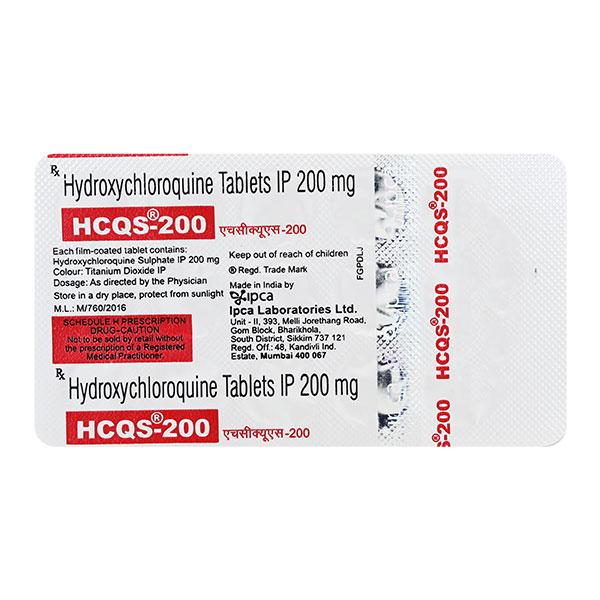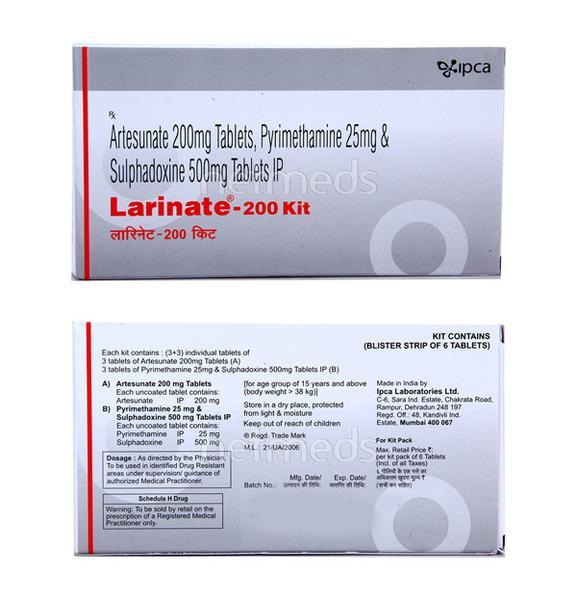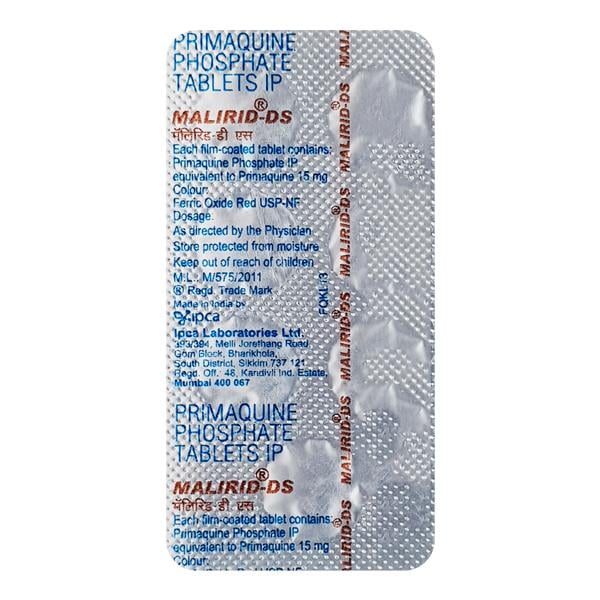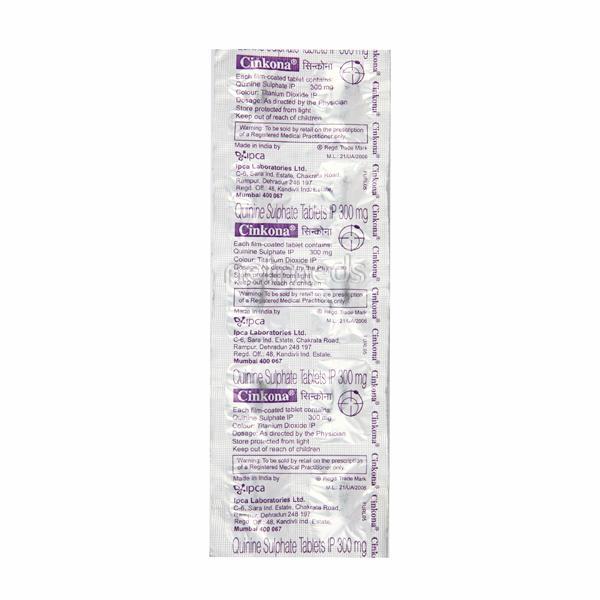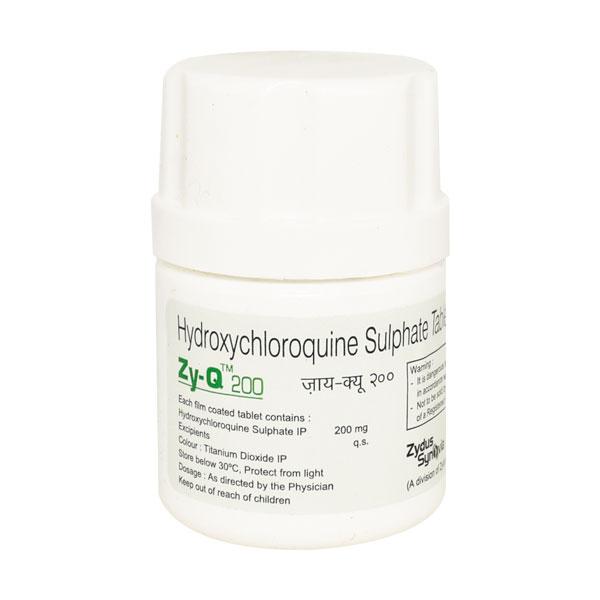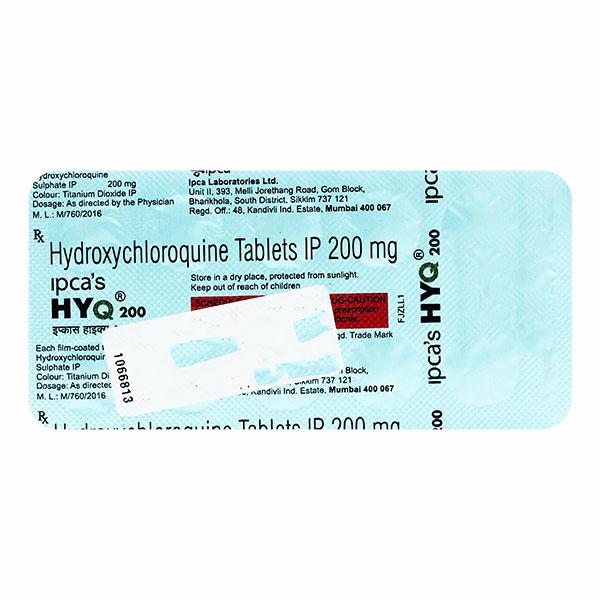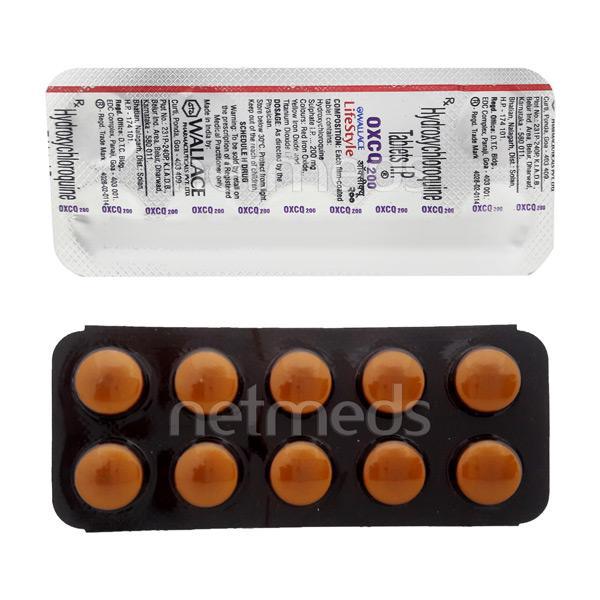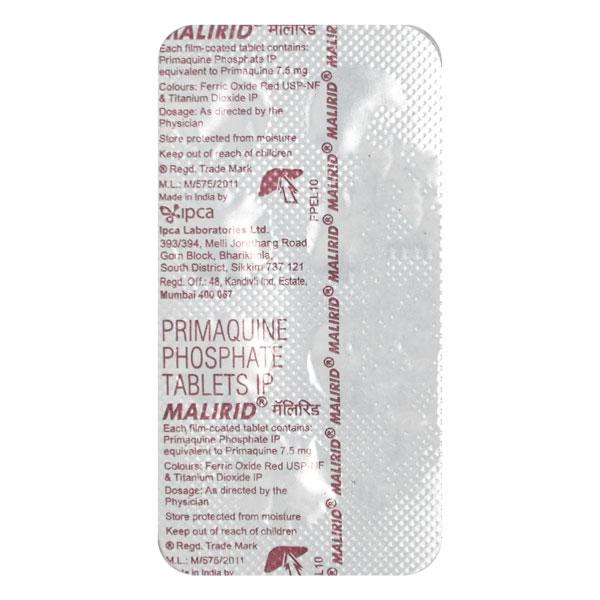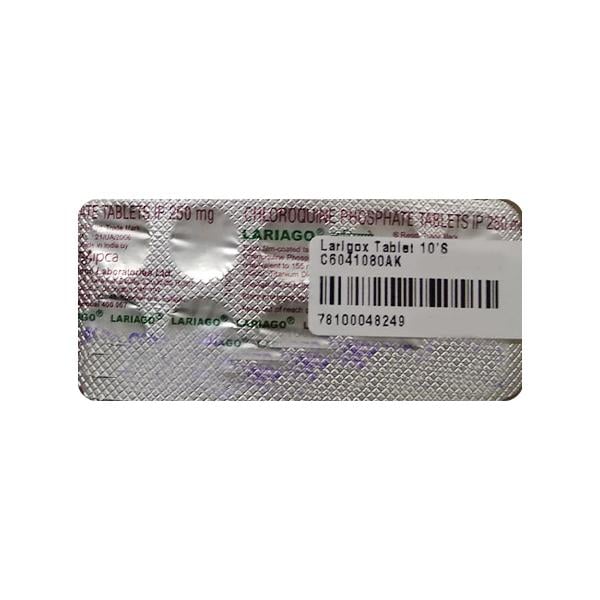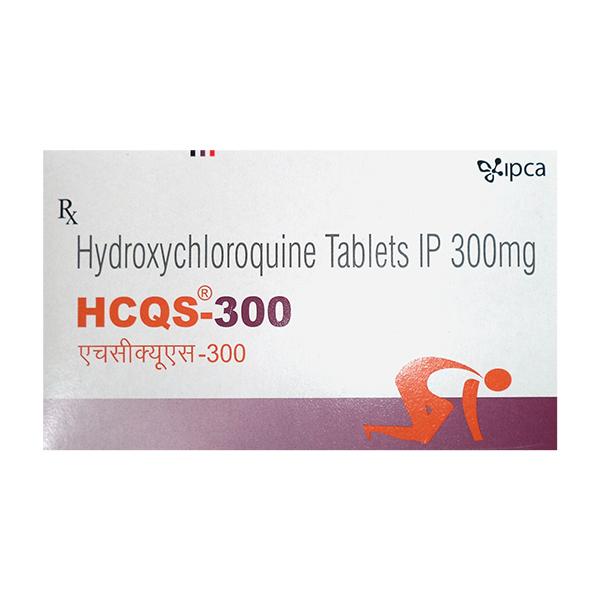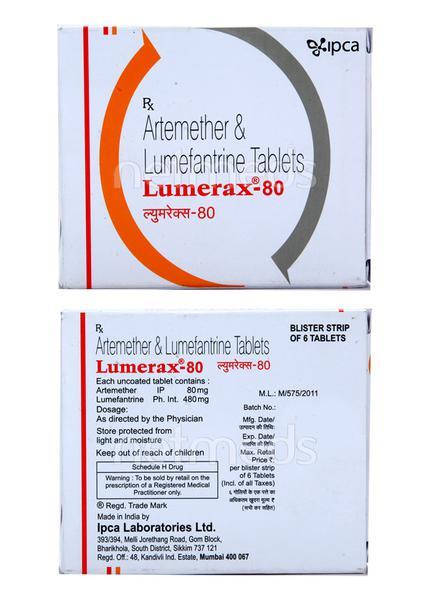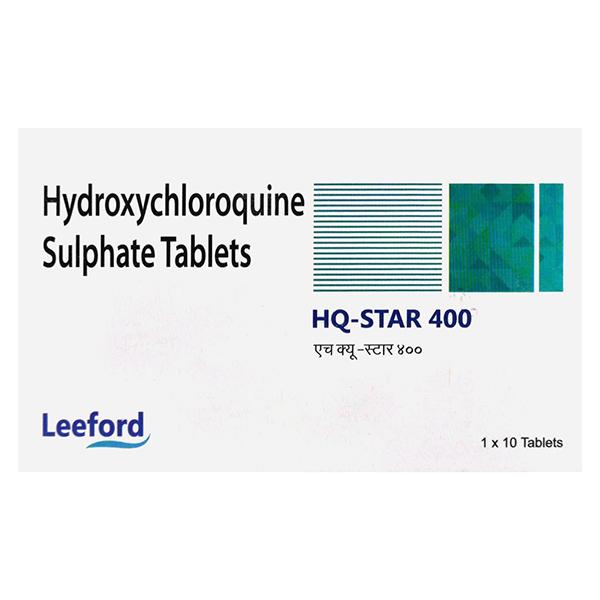


Malarial Medicines
Showing results in 'Malarial Medicines'
Malarial Medicines
Malaria is a life-threatening disease caused by a parasite that is transmitted to people through the bites of infected mosquitoes. The treatment of malaria involves the use of malaria medicine, which are prescribed based on the type of malarial parasite causing the infection and the severity of the illness.
Malaria comes with a range of symptoms including high fever, chills, headache, muscle aches, and fatigue. Preventive measures play a crucial role in combating malaria, such as the use of anti-malaria tablets, in combination with other preventive measures like insect repellents, bed nets, and eliminating stagnant water sources. Various species of malaria parasites exist, some of which can be potentially fatal. If left untreated, malaria can lead to complications such as organ failure, anaemia, and cerebral malaria. Diagnosis involves microscopic examination of blood samples to identify the presence of malaria parasites, enabling timely treatment.
Some common malarial medicines are:
- Chloroquine: This is an antimalarial drug that has been used for many years to treat and prevent malaria. However, in some regions, the malaria parasites have developed resistance to chloroquine, making it less effective.
- Artemisinin-based combination therapies (ACTs): These are currently the most effective medicines for treating malaria caused by the Plasmodium falciparum parasite, which is the deadliest form of malaria. Examples of ACTs include artemether-lumefantrine and artesunate-mefloquine.
- Mefloquine: It is another antimalarial drug that is effective against malaria caused by the Plasmodium falciparum parasite. It is often used for prophylaxis in travellers visiting areas with chloroquine-resistant malaria.
- Primaquine: This is an antimalarial drug that is used to treat malaria caused by the Plasmodium vivax and Plasmodium ovale parasites. These may remain dormant in the liver and cause relapses.
Malaria tablets are prescribed to individuals traveling to malaria-endemic regions to prevent the occurrence of the disease. Your doctor may prescribe a suitable medication to you based on your age, body weight, and mode and severity of infections. Do not stop taking malaria medicines without consulting your doctor, as it may delay the recovery.
References:


